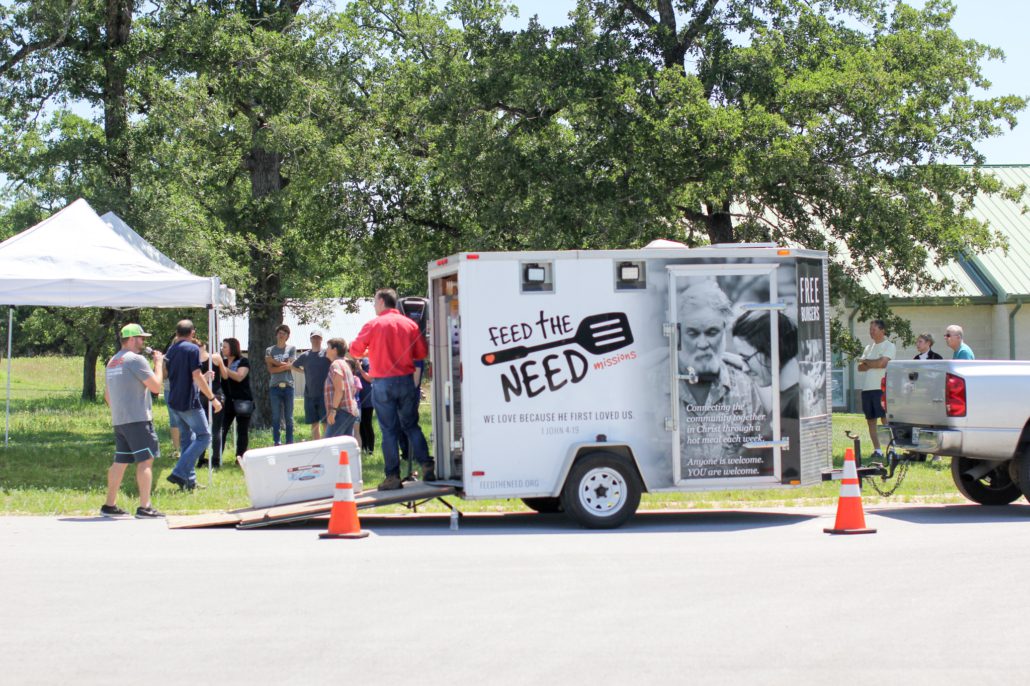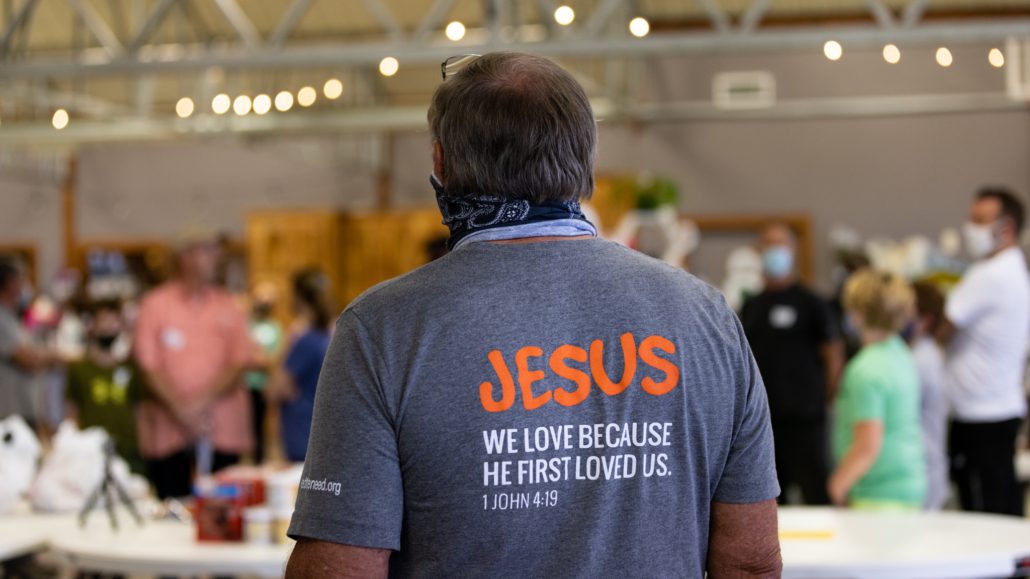The Heart Behind the Hamburger
Motive Matters in a Mission
Mission statements are important.
Simply put, they are an organization’s what—as in “what we do.” Carefully crafted statements of intent, these manifestos are a tool that unifies a team with a task-focused purpose. Mission statements are a necessary part of internal communication, as they clarify specific objectives and expectations. They drive (or deter) activity. Externally, mission statements are important outreach tools. They enable people in need of a service to find it, and they also connect an organizations with individuals who might choose to join or support the cause.
However, as well thought-out and appealing as any organization’s “what” might be— the “why” is equally as important.
Mission statements are action-based, but they must be developed in tandem with a specific motivation. While mission statements provide information, it’s the heart behind an organization that stirs necessary passion. The “why” brings the emotional and spiritual aspects into play. It makes it personal, connecting people who share a set of values and beliefs to a set of goals. And this galvanizes resolve. Ageeing on the “why” behind the “what” strengthens individuals to push through resistance, change, discomfort, turnover, exhaustion, inconvenience, and sacrifice that inevitably come over time in any organizational endeavor.
The Motive Behind the Feed the Need Mission
At Feed the Need Missions, our mission is to
But why do we do what we do?
If you’ve visited one of our eight Feed the Need Missions site locations, or attended one of our events, you wouldn’t have difficulty discovering why. The answer is printed on nearly everything, from the volunteer attire to vinyl signs, supply trailers and more:
We love because He first loved us.
-1 John 4:19
This Scripture reference serves as an ever-present visual reminder of our “why.” Simply put, we are compelled to share the love Christ because of the way we have personally experienced it. We do what we do because we have encountered the living God, Jesus Christ. Our action is in response to our gratitude for the hope He has instilled in us.
We do what we do because Scripture challenges us to reciprocate toward God by caring for others. And this is almost an instinctive reaction, because we truly want others to have the opportunity to share in the joy, transformation and healing He makes possible. Whether at our site cookouts, when dispatch disaster relief teams, or in planning any planned event. The heart behind the hamburger is the love of God. All that we do is in order to put it on full display.
What is Love According to the Bible?
In basing our motivation on biblical love, it follows that we should be careful to understand the nature of biblical love.
First, it is distinctive from the world’s concept of love. Today’s cultural perception of love is often short-lived, because it is based on personal gain, fleeting emotion, physical attraction, or convenience. Biblical love, by contrast, perseveres because it is rooted in so much more than feelings or circumstances. Holy love is a commitment to a lifestyle of action. When the Bible instructs us to love, often its meaning is synonymous with others-focused service (1 John 3:18).
Jesus, the embodiment of divine love, spent His ministry years meeting the physical, social and spiritual needs of others. He loved by offering meals, grieving with those who had lost loved ones, giving encouragement, teaching and training, healing wounds, giving counsel, interceding, intervening with literally everything He had to connect people to His father and His church. He expects nothing less that this from us. In fact, he warns of the judgement to come in Matthew 25, making that the mark of a true believer is sacrificial loving actions toward “even the least of these.”
Biblical love is not based on deservedness. Flawed, selfish, sinful human beings receive grace as a gift from a perfect God. No one can possibly deserve it. And yet, He reaches out. He pursues. He blesses. He heals and forgives. And so, as image bearers, we must extend the love outward to others in the same way. Without distinction. Without preference. As Christ-followers, we can help dismantle the flawed thinking that people have to ‘clean up” to come to God. Jesus was a diety who ran to others in humble service, rather than making demands. Just as God offered to us openly to consistently, and unconditionally, so we must do the same.
Share the Love with Feed the Need Missions
What is your “why?” Have you discovered a way to connect your values to a mission in active service? If you’re passionate about loving others God’s way, making disciples, sharing the Gospel, meeting physical and spiritual needs, or sharing your testimony, we would love to connect with you! Visit our website for more information about how to get involved.






Leave a Reply
Want to join the discussion?Feel free to contribute!